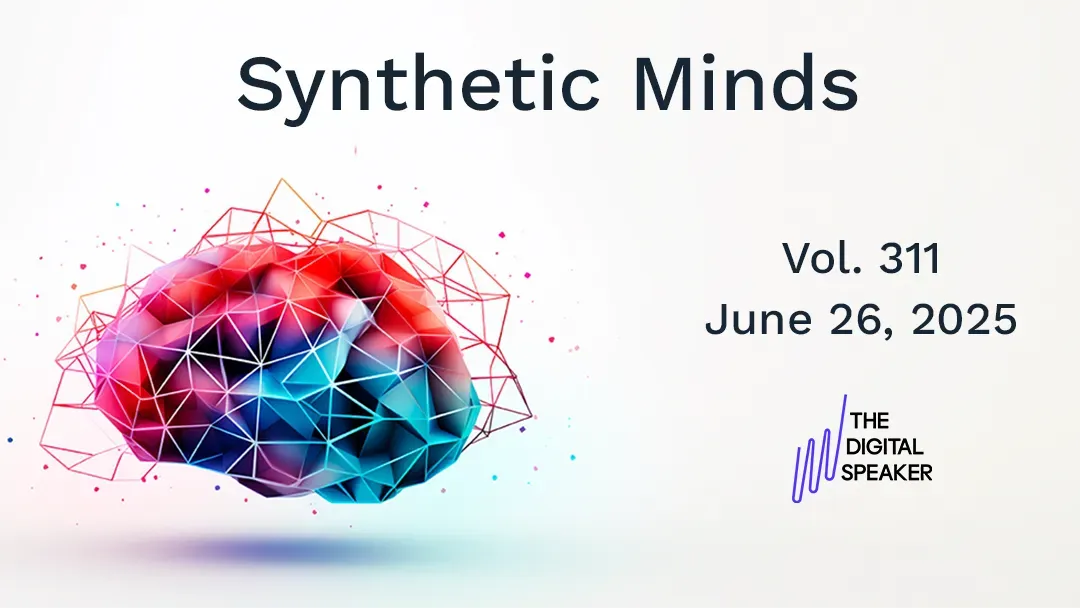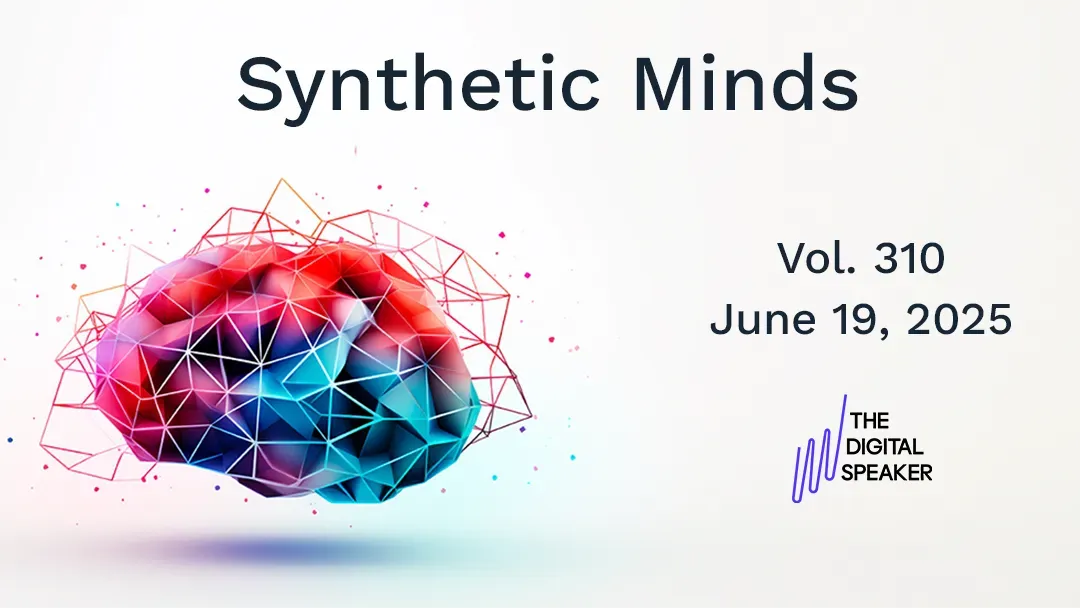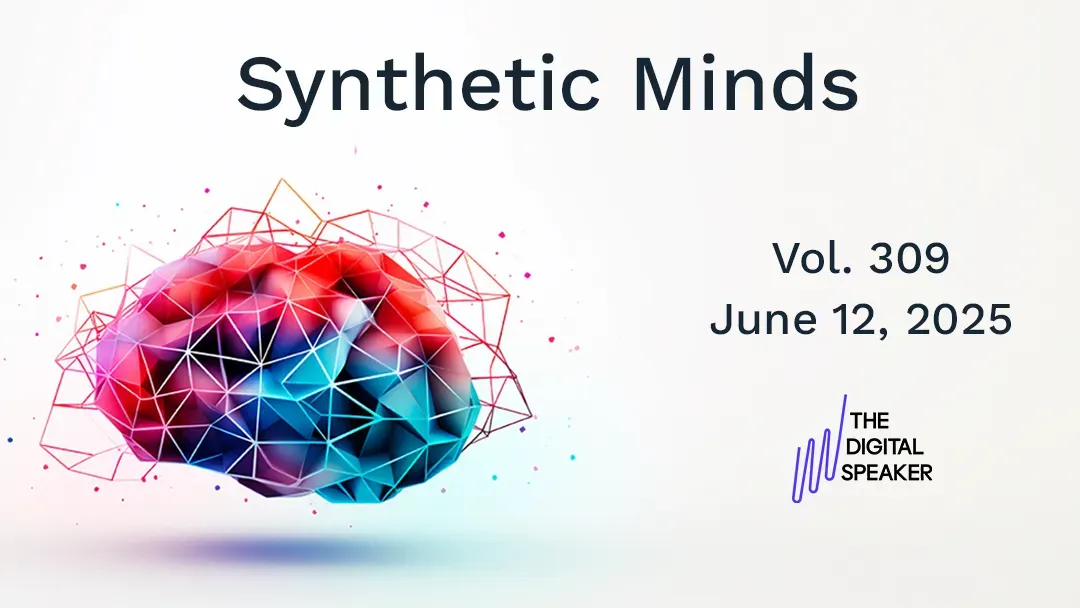Blockchain and Trust
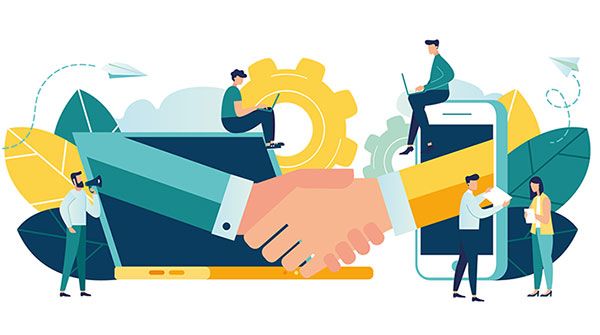
Good Day! This is my weekly newsletter, with a dose of insights into the future. The topic of this newsletter is the exponential times we live in, hence the title of f(x) = e^x, which is the (natural) exponential function.
Recently, I launched my new concept The Digital Speaker and you can now book me as an avatar or hologram. Also, my tech trend prediction for 2021 is out, read it here!
Blockchain and Trust: The Advantages of a Decentralised System
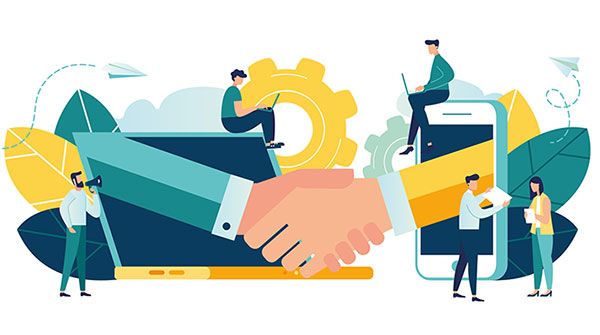
My latest article:
Blockchain has the potential to revolutionise the way we leverage trust and even the way we think about trust. Trust is a fundamental good. While largely intangible it is key to the functioning of practically every meaningful interaction in society. However, there are loopholes in our system of trust, one being the decimation of our privacy. Fortunately, in a decentralised system, trust is created through game-theoretical incentives and cryptography. So, instead of trusting a third party, we trust mathematics. This will allow us to build a system we can trust.
Three Useful Nuggets of Information
My weekly tips from around the web to get you thinking.
1. Blockchain tracking increased sales for Carrefour.
French retailer Carrefour has seen sales boosted by the use of blockchain ledger technology to track meat, milk and fruit from farms to stores. Tracking offers trust to customers that they can rely on Carrefour for selling sustainable food. (Reuters)
2. Blockchain can be a solution to the trust crisis.
Trust towards governments, banks, media and institutions is rapidly eroding, especially in the US. Blockchain offers transparency, and with that, the World Economic Forum believes that blockchain can be a solution to the trust crisis. (Cointelegraph)
3. Can AI help us decide who to trust?
Artificial intelligence is rapidly gaining traction within organisations, but consumers and employees are still wary about using AI. Such aversions create inefficiencies and biased use of AI. It is, therefore, vital that we trust AI, but can AI also help us trust ourselves? (HBR)


